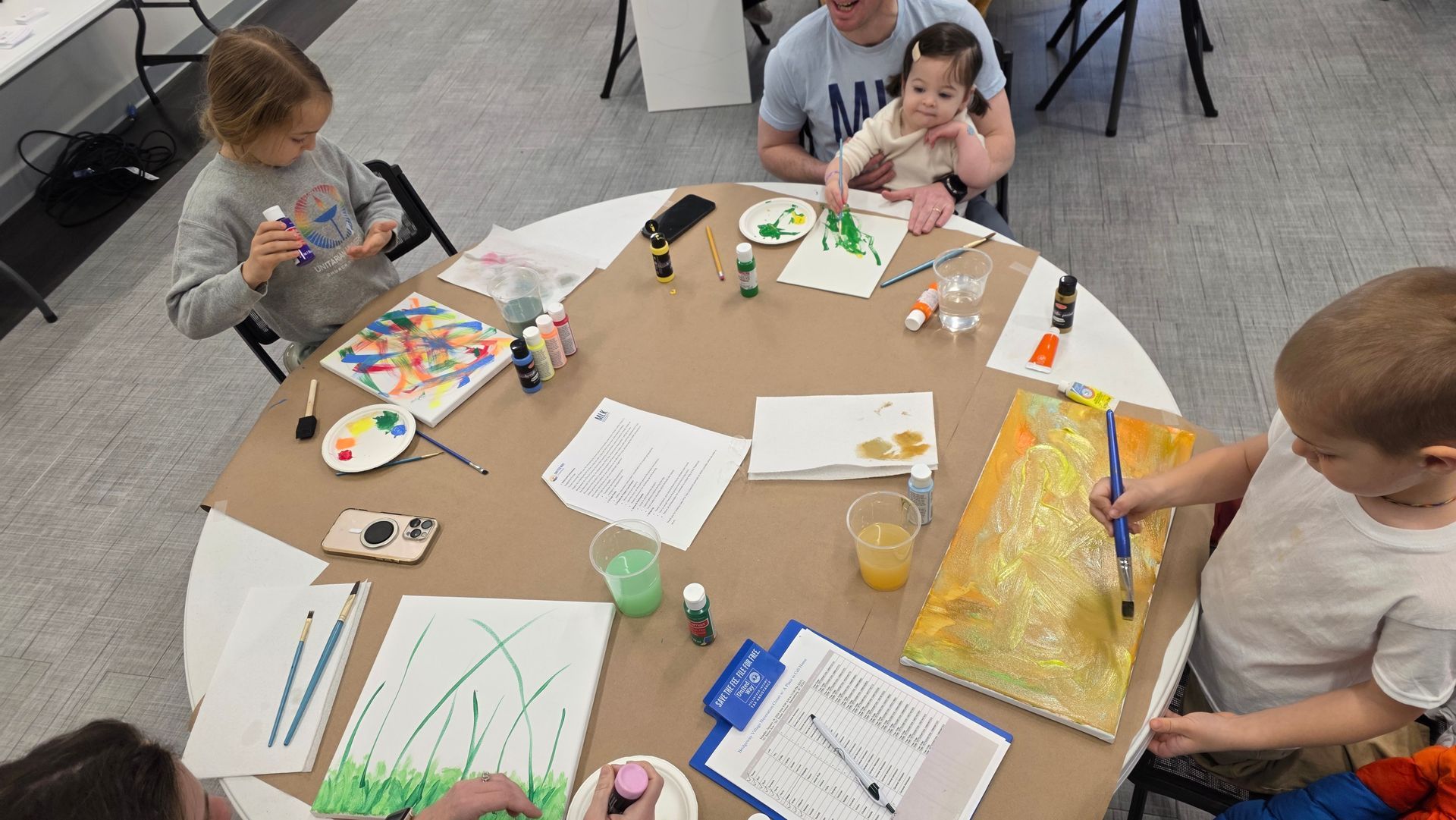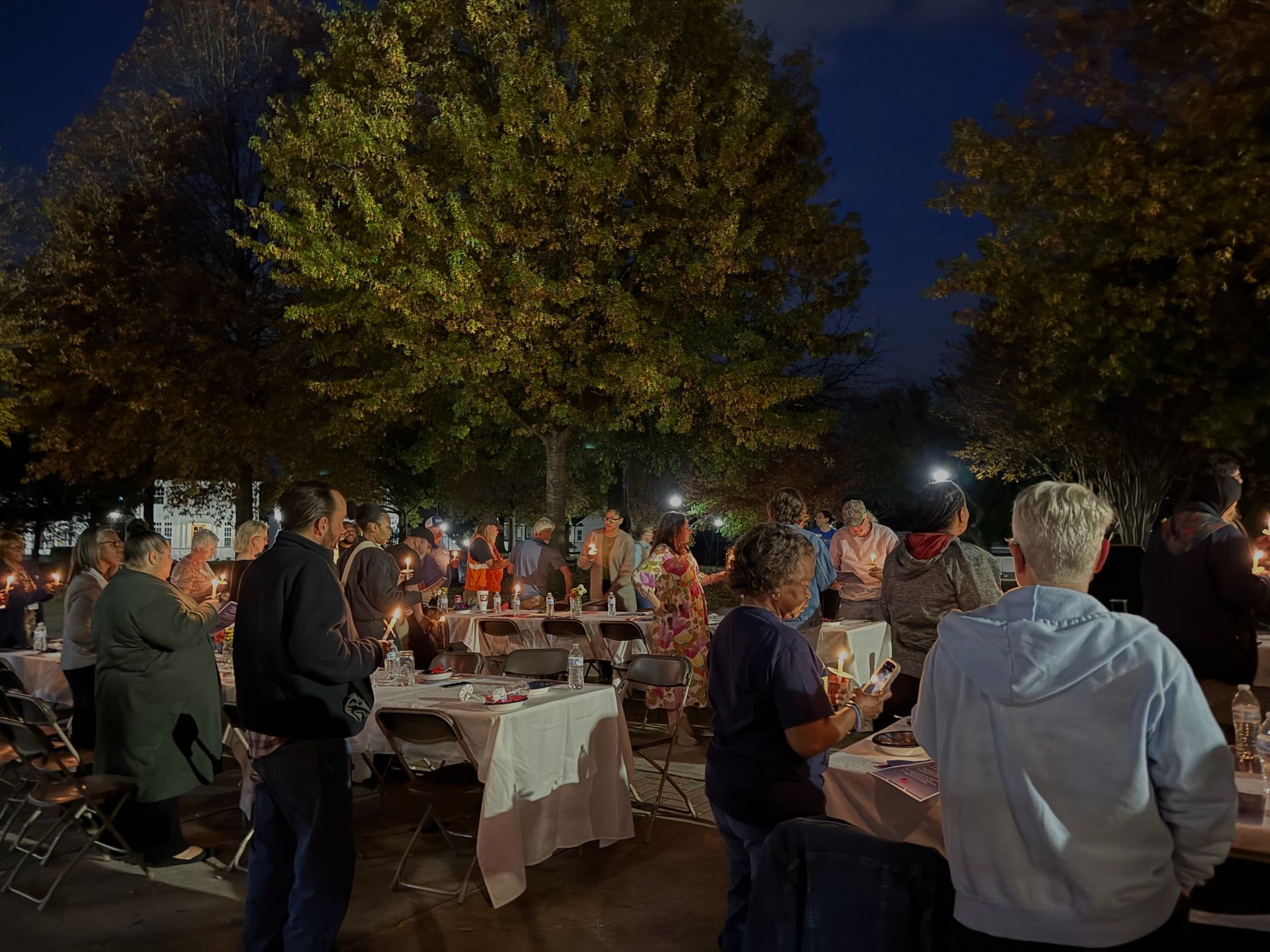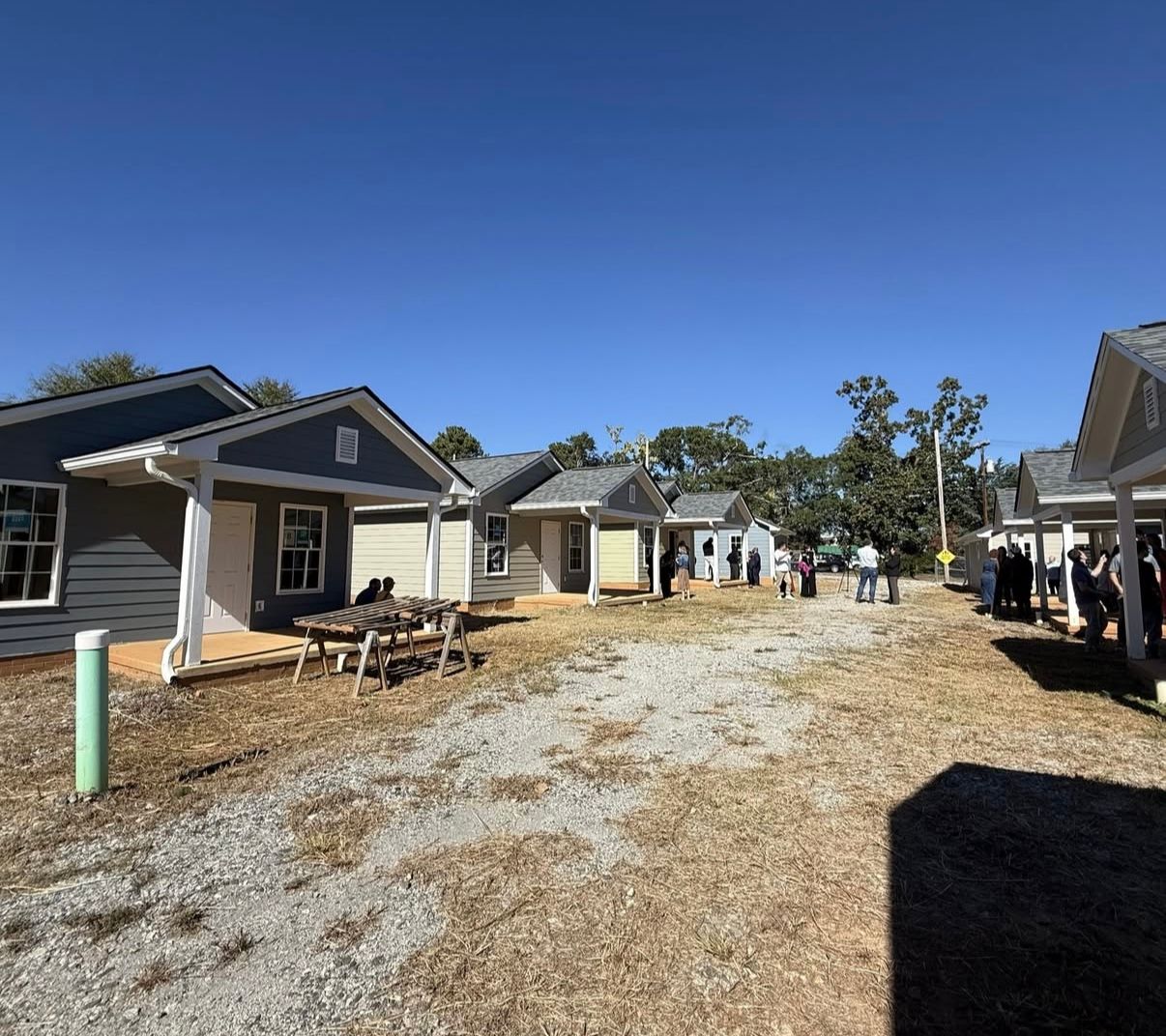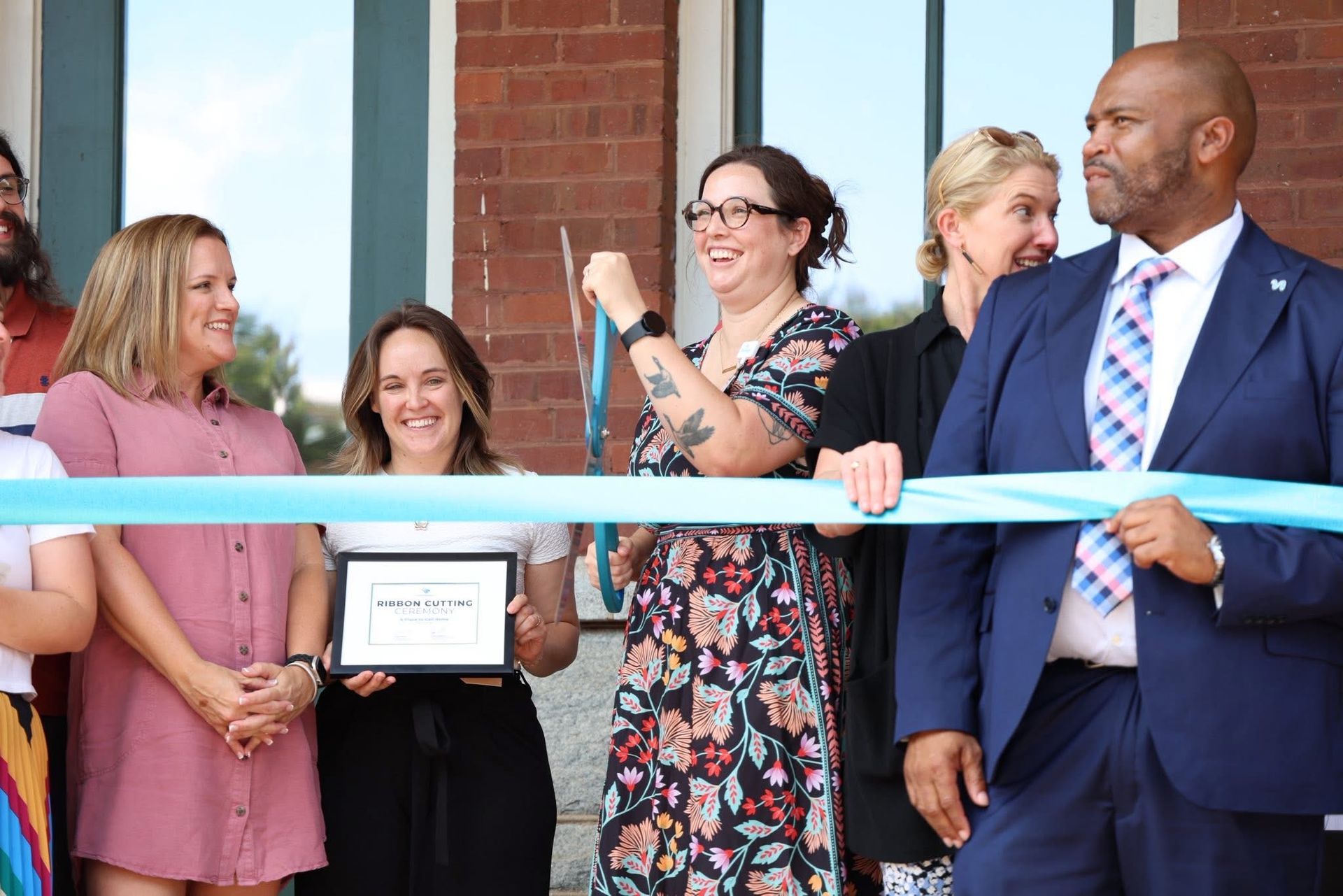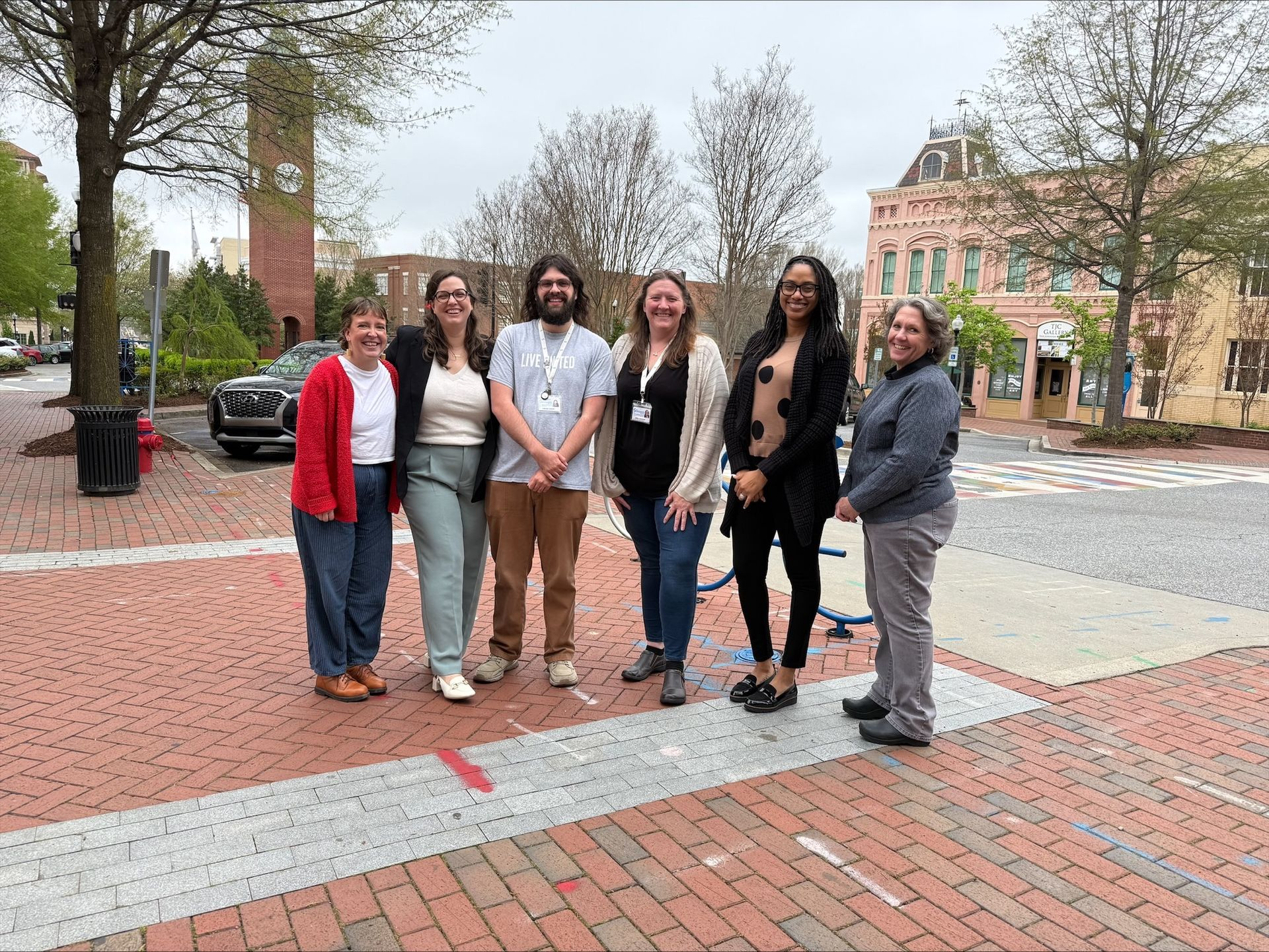APTCH BLOG
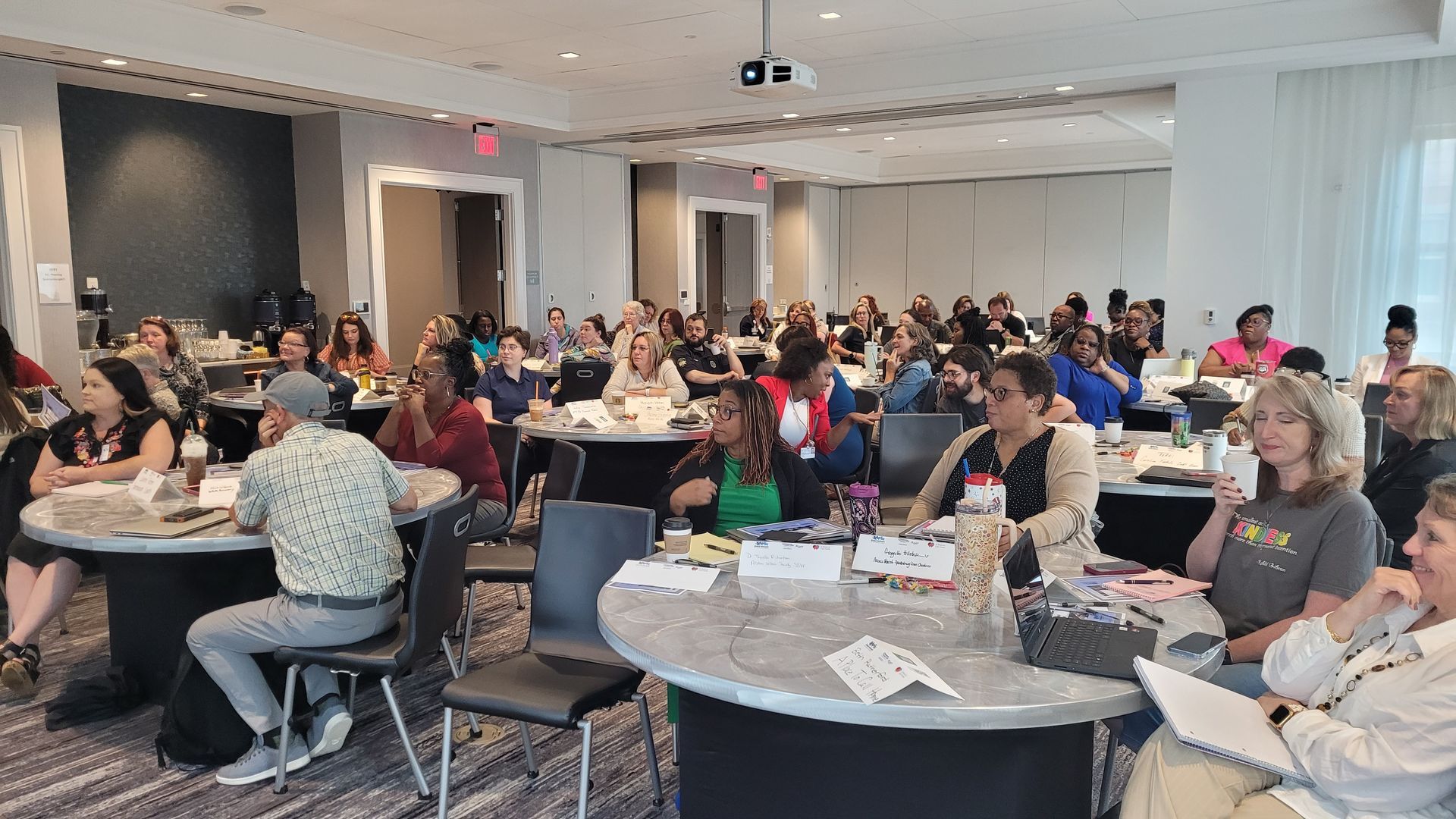
SPARTANBURG, SC – On September 6 th and 7 th , over 50 local leaders, service providers, and public safety professionals gathered at the AC Hotel on West Main Street to participate in a transformative two-day Situation Table training. Delivered by instructors Walter “Larry” Sweeney and Maureen Cavanagh from Cordata’s Operation Save Lives (O2SL) and QRT National, the training is part of an effort to tackle the opioid epidemic impacting South Carolina using an innovative approach of enhancing community safety and health outcomes. The Situation Table is a rapid-response, multidisciplinary intervention model designed to address individuals and families facing acutely elevated risk (AER) . Originally launched in Prince Albert, Saskatchewan, in 2011 by the Global Network for Community Safety , the model has since expanded to over 160 sites across Canada and more than 30 sites in the United States. Spartanburg is now the first South Carolina community to implement a Situation Table, paving the way for other communities in the state. The Spartanburg Situation Table was launched by A Place to Call Home’s Community Advisory Council as part of its commitment to cross-agency collaboration — a key priority identified through community listening and planning efforts. “Through last year’s community conversations, we identified urgent priorities — and over the past several months, we’ve been turning those priorities into action,” said Hannah Jarrett, founding director of A Place to Call Home. “By strengthening coordination through the Situation Table model, we’re uniting partners to help people move from crisis to stability more efficiently.” Local champion Lilly Simmons , Project Coordinator for A Place to Call Home, was instrumental in organizing and facilitating the training. Participants represented a diverse group of over 50 local leaders, representing almost 30 agencies. The training incorporated mock scenarios , risk intervention planning, and collaborative problem-solving exercises, helping participants understand the fidelity and structure of the table model. One participant noted, “It’s such a relief to finally have a clear structure for working together to prevent harm and respond to crises quickly. In Spartanburg, we’ve been trying to do this for years in different ways, but it’s been a struggle. The Situation Table model feels like the answer we’ve been looking for — it addresses so many of the challenges we’ve faced in the past when we’ve attempted to work together and gives me real hope that we can make a bigger impact.” The Spartanburg Situation Table is set to officially launch on Thursday, September 18 , with a mission to break down silos among service providers and ensure individuals and families receive timely, wraparound support before crises escalate. “We were thrilled to bring the Situation Table model to South Carolina and congratulate the Spartanburg Situation Table on its launch. We look forward to seeing the value and support that this collaboration will bring to the Spartanburg area,” Sweeney said. “We are grateful to the participants for their engagement and enthusiasm and thank A Place to Call Home’s Community Advisory Council for coordinating the training.” “The Situation Table model helps bring our community vision to life — a Spartanburg County where homelessness is recognized as a solvable problem,” said Jarrett. “It gives us a shared structure to collaborate quickly and effectively, so we can respond to crises and create meaningful, lasting impact together.” For more information about the Situation Table or to bring one to your community, please contact: Scott Allen – scott.allen@cordatahealth.com Mike Botieri – mike.botieri@cordatahealth.com Dan Meloy – dan.meloy@cordatahealth.com Cordata Homepage Home – Cordata’s O2Sl & QRT National The Global Network for Community Safety

